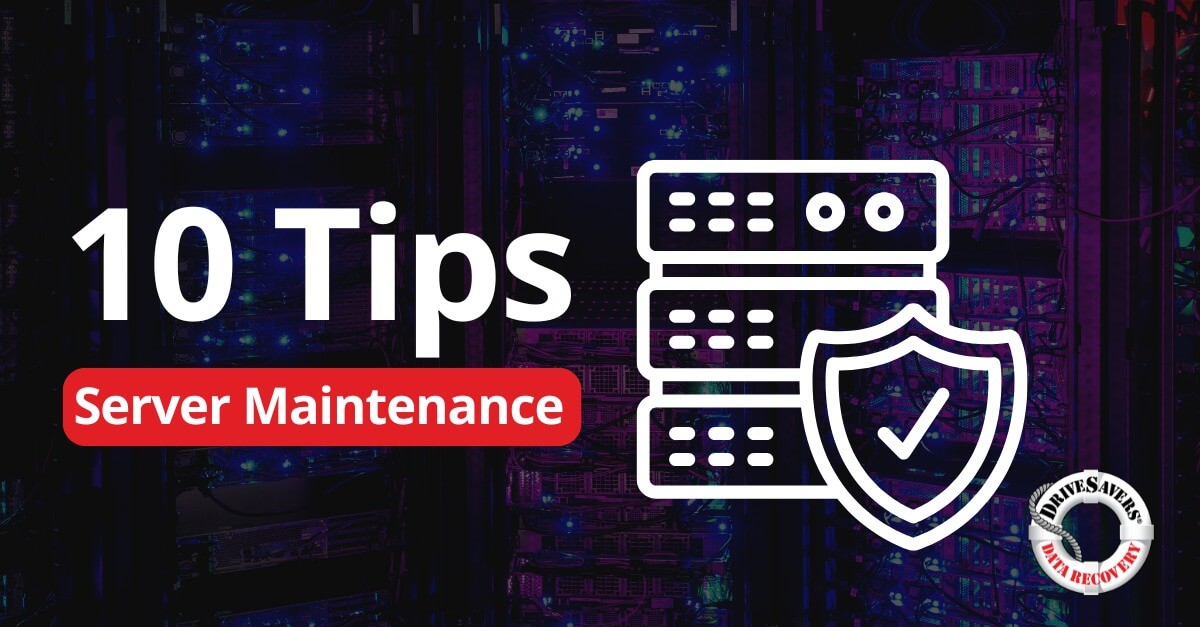At DriveSavers, we often receive requests for data recovery from grieving family members who don’t know the passcode to their loved one’s device.
Legally Speaking of Cell Phones

Legally Speaking of Cell Phones
The abundance of personal and private information contained in cell phones has compelled the U.S. Supreme Court to rule that police will need a search warrant to legally examine the contents of a cell phone, subsequent to an arrest (Riley v. California).
“These cases require us to decide how the ‘search incident to arrest doctrine’ applies to modern cell phones, which are now such a pervasive and insistent part of daily life that the proverbial visitor from Mars might conclude they were an important feature of human anatomy.”
The ruling reaffirms protections provided through the Fourth Amendment to the U.S. Constitution, which guarantees that citizens shall “be secure in their persons, houses, papers and effects against unreasonable searches and seizures.”
No Warrant, No Data
In 2009, San Diego police accessed a personal phone that was discovered in the search of a driver who was pulled over for a traffic violation. The officers discovered text messages, photos and videos relating to gang activity on the phone, which led them to place felony charges against him. The individual was convicted and that conviction was later upheld by the California Supreme Court.
A successful appeal, however, was later made to the U.S. Supreme Court. The high court ruled that a cell phone can be likened to a minicomputer, as it gives the user access to a wide variety of personal information. Phone numbers, physical addresses, website search history, email addresses and correspondences, financial and business records, personal pictures, videos, documents and many other types of data can be accessed with the swipe of a finger.
In a unanimous decision announced June 25, 2014, the U.S. Supreme Court said that police had no right to unlimited access of the contents of a personal phone.
Protection of Privacy
The Supreme Court ruling emphasizes the private nature of the content of cell phones and serves as a reminder to protect yourself and your data, especially if you ever take a phone in for a service like data recovery or forensic analysis.
Will the vendor you pick maintain the proper security and confidentiality? You can’t assume that’s the case. In many instances, the protection offered by a vendor may be nonexistent or inadequate and your data could be compromised while it is not under your control.
At DriveSavers, your data is always safe and secure. Guaranteed! Click here to see details about our industry certifications and security audits.




